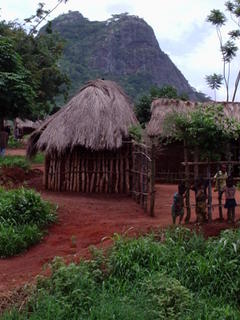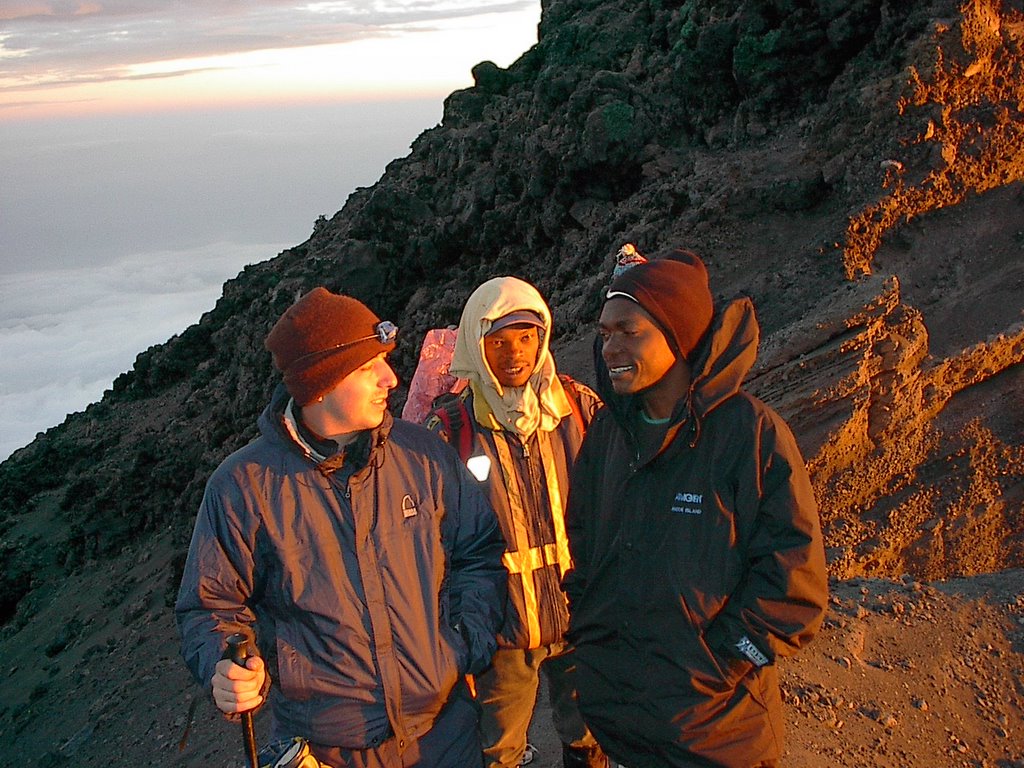Wednesday, July 27, 2005
Freedom Fighter or Farmer?

The first question you must ask when you read my blog is, “what do I mean by ‘freedom farmer’?” To answer this question I must talk about the difference between a fighter and a farmer.
I have always had issues with the term, “freedom fighter.” Freedom FIGHTER implies destruction, whether it is the physical destruction of other human beings, their ideas, their property or their environment. Looking at the “freedom fighter” from this perspective, one realizes that in order for one attain freedom; they must sacrifice the freedom of another. This only creates a cycle of conflict, suspicion and uncertainty that is the very poison of freedom.
The image of a FARMER is much more compatible with freedom. The farmer shares the tears, the sweat, the blood and the sacrifice of the fighter, but without the destruction. Rather, a farmer brings freedom to him/herself, while also sowing the seeds for others to have freedom. Nobody fears a farmer, or suspects a farmer of ill intent, nor does anybody question the work of a farmer. People respect farmers for their hard work and their understanding of the land and the food that nourishes us all. People listen to farmers, because without farmers, we would starve. In turn, farmers listen to us because we are the markets for their products.
Now that we have established the difference between a fighter and a farmer, we must now ask ourselves what we mean by “freedom”? Some may say that freedom is the absence of fear and oppression and therefore ones ability to make decisions for one-self. Others may say that freedom is the absence of everything. Janis Joplin did say, “freedom is just another word for nothing else to lose.” Perhaps freedom is a state of mind, or a state of being…a contentedness that resides deep in ones soul. I personally believe that if one feels free, they are free, and that cannot be measured in any empirical sense.
I view Gandhi to embody the trueness of a “freedom farmer.” Gandhi sought to bring freedom to his people not by destroying the British, but by challenging their perceived reality, thus sowing the seeds of their own freedom as well. These seeds of freedom were planted as education for both Indians and the British. From education came respect and from respect came cooperation and from cooperation came dignity and prosperity. I cannot say that Gandhi “freed” his people, but I can say that he taught us all how to be free.
